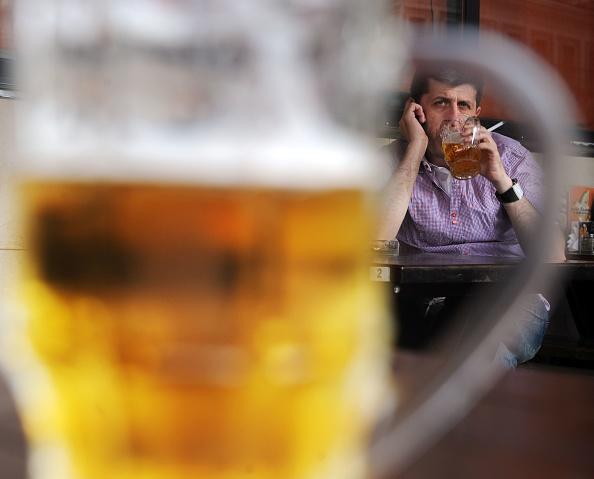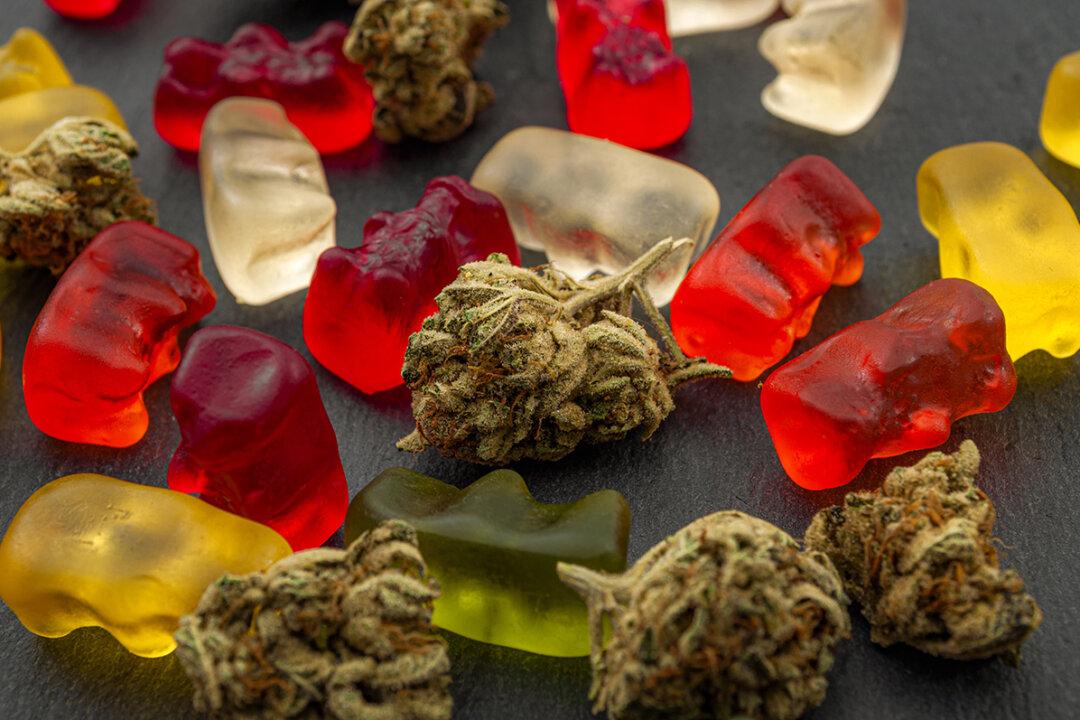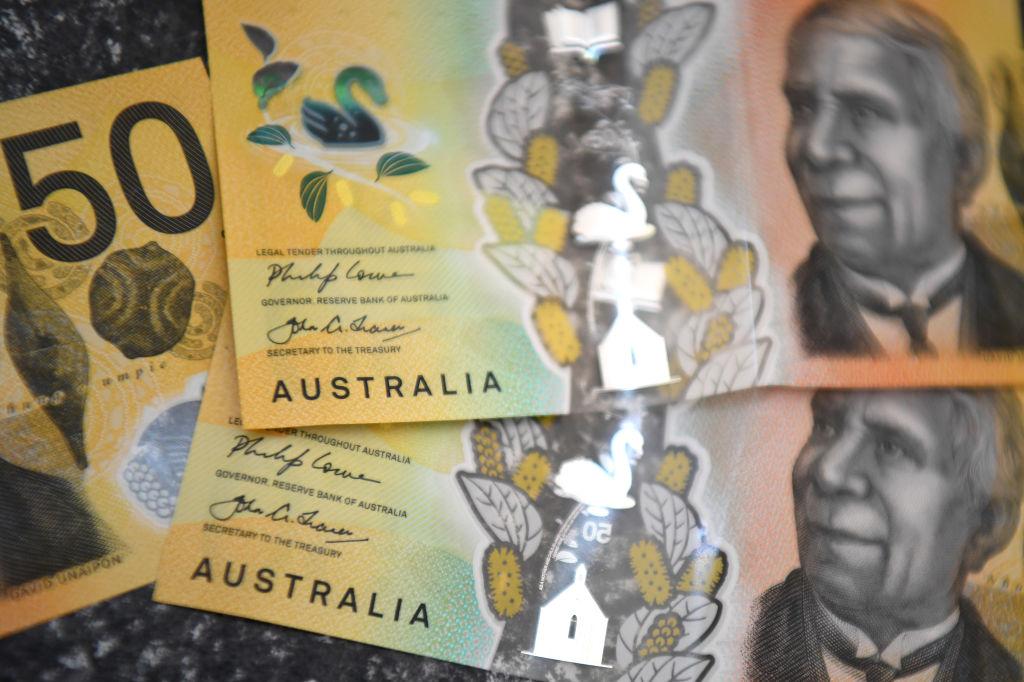Young people’s exposure to alcohol ads on social media was found to have a direct link to their drinking behaviour.
Scientists from the University of Queensland (UQ), Australia, studied the connection between alcohol ads seen on social networks and how this affects young people’s drinking choices.





